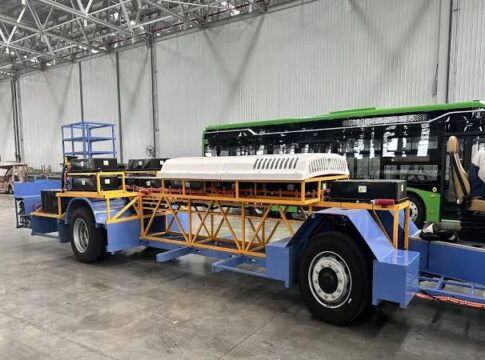Global coffee trade is facing unprecedented turmoil as Arabica coffee prices have soared by 70% since November, leaving traders, roasters, and retailers struggling to adapt. The surge, driven by reduced production in major coffee-growing regions like Brazil, has led to minimal purchasing and fears of industry-wide consolidation.
At the U.S. National Coffee Association’s annual convention in Houston, industry leaders voiced concerns about the impact of soaring prices. Renan Chueiri, director general at ELCAFE C.A. in Ecuador, revealed that sales have plummeted. “We would usually be sold out by now, but so far we sold less than 30% of production,” he said. “The big price increase eats clients’ cash flow; they don’t have all the money to buy what they need.”
The shockwaves have extended to U.S. coffee warehouses, which currently hold just half their usual volume. An executive from a leading storage company noted, “Some storing companies are returning silos to the owners, canceling leasing contracts early.”
READ MORE: World Obesity Day: Experts Brainstorm On Ways Of Preventing Condition
Meanwhile, supermarkets and grocery stores are resisting higher prices, leading to supply chain bottlenecks. A chief executive of a major U.S. roaster warned, “They don’t know if they will be able to sell their product at the new prices. Some people are going down.”
The crisis has prompted predictions of market consolidation, with well-capitalized companies likely to expand at the expense of smaller traders. Michael Von Luehrte, owner of broker MVLcoffee, believes the trading sector could soon see significant shake-ups. “Companies with more capital will be able to increase trading volumes, while others will suffer with reduced financing,” he explained.
Looking ahead, a Reuters poll suggests that prices could drop by 30% by the year’s end if Brazil’s next crop is as strong as anticipated. However, until that relief arrives, the coffee industry may continue to struggle with dwindling sales and mounting pressures.




